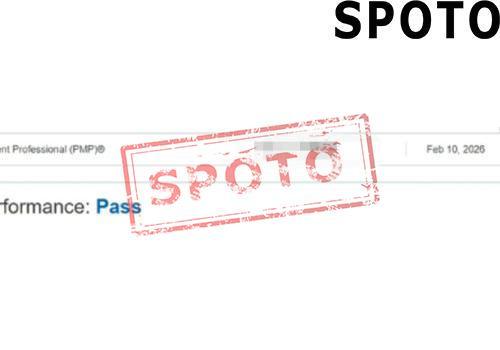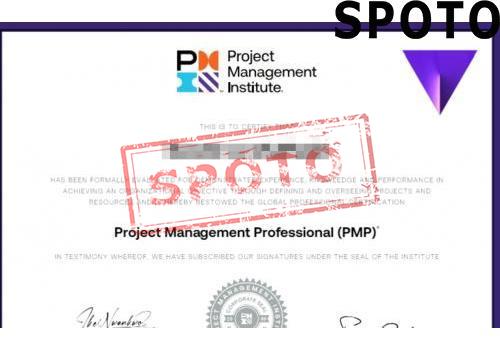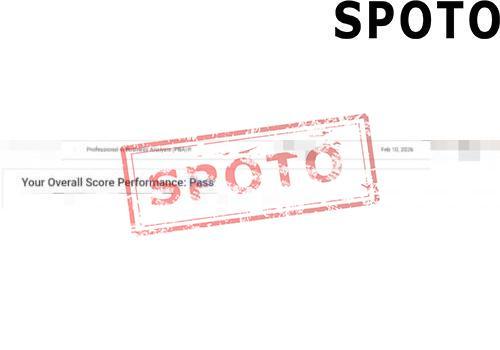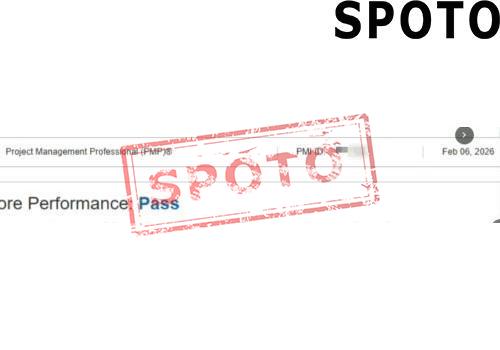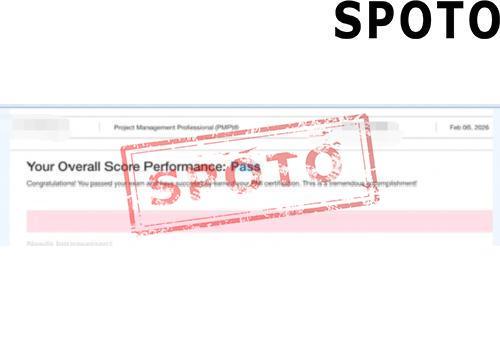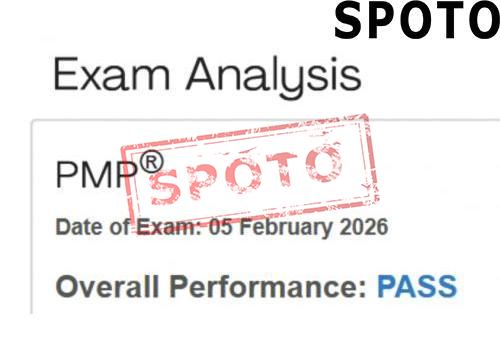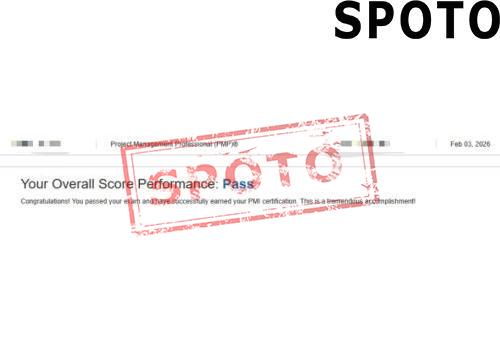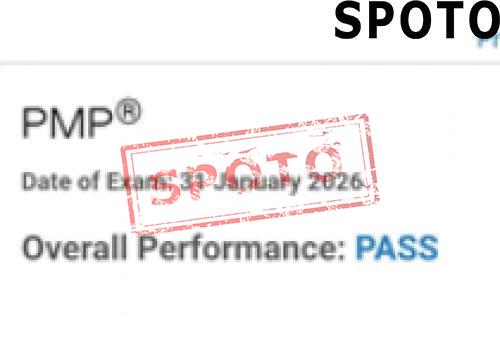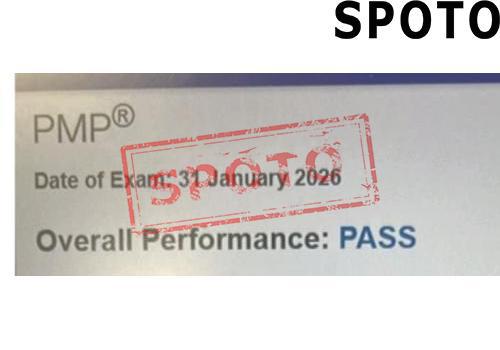
In today's competitive job market, professional certifications can be the golden ticket to career advancement and financial success. Among the many credentials available, the Project Management Professional (PMP) certification stands out as a premier qualification. Recognized globally and offered by the Project Management Institute (PMI), the PMP certification has become a benchmark for excellence in project management. But does earning this coveted certification truly lead to a high-paying job? Let's explore the facts.
The Power and Prestige of PMP Certification
The PMP certification is not just a line on a resume; it represents mastery of project management principles, methodologies, and best practices. To qualify for the PMP exam, candidates must have significant hands-on project management experience—at least 4,500 hours of leading and directing projects—along with 35 hours of formal project management education. The exam itself is rigorous, covering a wide range of topics, including planning, execution, monitoring, and risk management.
By earning a PMP certification, professionals signal to employers that they possess advanced skills, a strong work ethic, and a commitment to delivering successful projects. This level of expertise is highly valued across industries such as technology, healthcare, finance, and construction, where effective project management is crucial.
Boosting Your Earning Potential
Now, let's talk about the big question: Does a PMP certification lead to a higher salary? The answer is a resounding yes.
According to PMI's salary survey, PMP-certified professionals earn significantly more than their non-certified peers. In the United States, the median annual salary for a PMP-certified project manager in 2022 was $121,000—often exceeding six figures depending on industry, experience, and location. By contrast, project managers without PMP certification typically earn considerably less, often below the six-figure threshold.
This salary gap highlights how PMP certification serves as a game-changer. It demonstrates your ability to manage complex projects successfully, making you a top contender for leadership roles with better compensation packages.
Expanding Career Opportunities
Beyond just salary, PMP certification unlocks access to a wider range of job opportunities. Many top-tier companies, particularly Fortune 500 firms and multinational corporations, prioritize PMP-certified professionals for senior project management roles. These positions often come with higher salaries, performance bonuses, and additional benefits.
Additionally, the PMP credential can be an excellent stepping stone for professionals transitioning into project management from other fields. Since project management principles apply across industries, the certification makes it easier to shift careers while maintaining or even increasing earning potential.
Building Credibility and a Powerful Network
One of the hidden perks of PMP certification is the credibility and professional network it provides. As a certified PMP, you become part of a prestigious global community of project management professionals. This network grants access to exclusive industry events, professional development opportunities, and invaluable connections with industry leaders.
Networking can be a crucial factor in career advancement. Many PMP holders find that job opportunities, promotions, and high-profile projects come their way simply by being part of PMI's extensive professional ecosystem. The certification doesn't just open doors—it introduces you to the right people who can help you step through them.
Commitment to Continuous Learning
Another key advantage of PMP certification is its emphasis on continuous learning. To maintain the certification, professionals must earn Professional Development Units (PDUs) through ongoing education, workshops, and industry engagement. This ensures that PMPs stay ahead of emerging trends, methodologies, and best practices in project management.
Employers value professionals who actively seek growth and improvement. Demonstrating a commitment to lifelong learning makes you an attractive candidate for leadership roles and high-paying positions.
Conclusion: Is PMP Worth It?
While a PMP certification doesn't come with a guarantee of a high-paying job, it undeniably increases your chances of landing one. It validates your expertise, enhances your credibility, and positions you as a top-tier candidate for lucrative project management roles.
Whether you're aiming for a salary boost, career transition, or leadership position, the PMP certification is a powerful investment in your professional future. If you're ready to take the leap and unlock new opportunities, pursuing PMP certification could be the key to achieving your career and financial goals.
